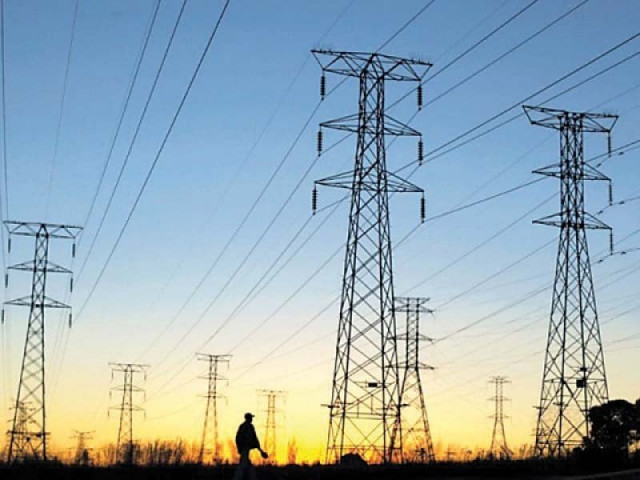NEPRA hikes power tariff by Rs7.91 per unit
With the new hike, the one-unit price of electrifying has gone up from Rs16.91 to Rs24.82

The National Electric Power Regulatory Authority (Nepra) has approved a massive increase of Rs7.91 per unit in the electricity tariffs.
With the new hike, the one-unit price of electrifying has gone up from Rs16.91 to Rs24.82. Nepra has sent the hike to the federal government for notification. The new tariffs will be applicable after the final notification from the government, according to a statement.
The depreciation of the rupee and rising oil prices in the international market have been cited as reasons for the tariff hike.
According to the statement, Nepra has fixed the national average tariff for the financial year 2022-23 at Rs24.82 per unit, which is Rs7.91 per unit higher than the previous average tariff.
The statement further said that the authority determines the new tariff based on the distribution and transmission losses and in terms of revenue of different distribution companies.
Also read: Power tariffs to go up for a month across country
A day earlier, the International Monetary Fund (IMF) had said that “Pakistan needs to take wide-ranging steps to repair macroeconomic stability”, indicating that the revival of the programme would not be a cakewalk despite the government's decision to increase fuel prices by 25%.
“The set of policies and reforms to repair macroeconomic stability is wide-ranging,” said Esther Pervez, the Resident Representative of the IMF while responding to a question sent by The Express Tribune last week.
She singled out the withdrawal of fuel and energy subsidies and the fiscal year 2022-23 budget as areas that need to be addressed for “repairing” the damaged economy and achieving the Extended Fund Facility (EFF) programme objectives.
“Implementing a package of comprehensive actions, including the removal of fuel and energy subsidies and the FY2023 budget, will be important to achieve the programme objectives,” said Perez.
The Express Tribune had requested the IMF country head to comment on whether a staff-level agreement could be reached by June 12 after Pakistan increased the fuel prices in the range of 20% to 25.4%.
The IMF also suggested that an agreement may not be reached until Pakistan took other steps, including reaching a consensus with the IMF on the next fiscal year’s tax proposals and the budget framework.
Esther termed recent discussions with Pakistan “very constructive”, saying the dialogue continued with the Pakistani authorities. Pakistan and the IMF had met in Doha, Qatar, from May 18th to 25th, but did not reach a staff-level agreement.
“The IMF looks forward to facilitating review progress via continued dialogue and close engagement with Pakistan’s government,” the representative was quoted as saying.



















COMMENTS
Comments are moderated and generally will be posted if they are on-topic and not abusive.
For more information, please see our Comments FAQ